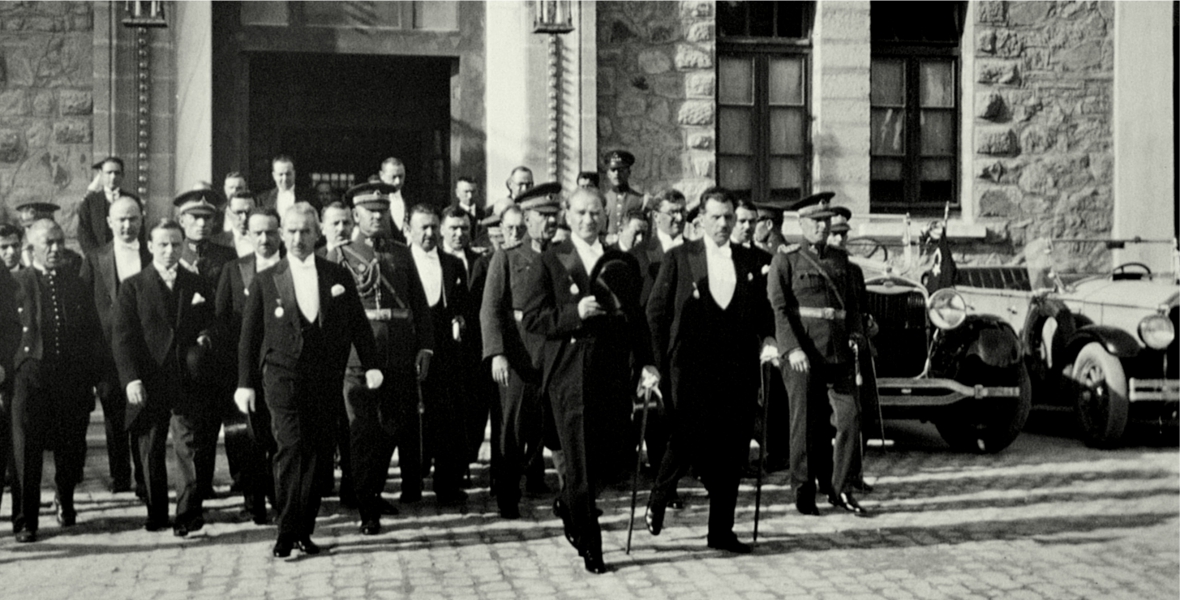
History of The Republic Period Turkey
History of The Republic Period Turkey, established in 1923, has a complex and fascinating history.
Founding of the Republic
- The Republic of Turkey was founded by Mustafa Kemal Atatürk on October 29, 1923, following the collapse of the Ottoman Empire after World War I. Atatürk, a military leader and statesman, played a central role in the country’s transformation.
Atatürk’s Reforms
- Atatürk initiated a series of sweeping reforms aimed at modernizing Turkey and transforming it into a secular and Western-oriented nation. These reforms are known as Kemalism.
- Some of the key reforms included replacing the Ottoman script with the Latin alphabet, secularizing education, adopting a new legal code based on European models, granting women the right to vote, and separating religion from the state.
Economic Reforms
- Atatürk’s government implemented economic policies to modernize the Turkish economy. These included land reforms to distribute land to peasants, the establishment of state-owned industries, and the introduction of a new currency (the Turkish lira).
Foreign Policy
- Turkey pursued a policy of neutrality and nonalignment in international affairs during the early years of the Republic. It sought to establish diplomatic relations with other countries and become a member of international organizations.
World War II and the Cold War
- During World War II, Turkey remained officially neutral but leaned toward the Allies. After the war, Turkey joined the United Nations in 1945.
- During the Cold War, Turkey became a member of NATO in 1952, aligning itself with Western powers and serving as a strategic ally during the Cold War period.
Political Evolution
- The early years of the Republic were characterized by a single-party system under the leadership of Atatürk’s Republican People’s Party (CHP). However, political opposition grew, and multi-party elections were introduced in 1950.
- Subsequent decades saw a series of military coups and periods of political instability, alternating with civilian governments.
Economic Development
- Turkey underwent significant economic growth and development, particularly in the latter half of the 20th century. Industrialization, urbanization, and infrastructure development played a crucial role in this process.
Late 20th Century
- In the late 20th century, Turkey faced various challenges, including political polarization, human rights issues, and conflicts with Kurdish separatists. The country also experienced a series of military interventions in its politics.
21st Century
- In the 21st century, Turkey has continued to grapple with political and social challenges, including issues related to democracy, freedom of the press, and human rights.
- Turkey’s foreign policy has been dynamic, with involvement in regional conflicts, including the Syrian Civil War, and evolving relationships with various countries and international organizations.
The history of the Republic Period in Turkey is marked by a series of political, social, and economic transformations as the country sought to modernize and adapt to changing global dynamics. Turkey remains a key player in the geopolitics of the region and the world.
